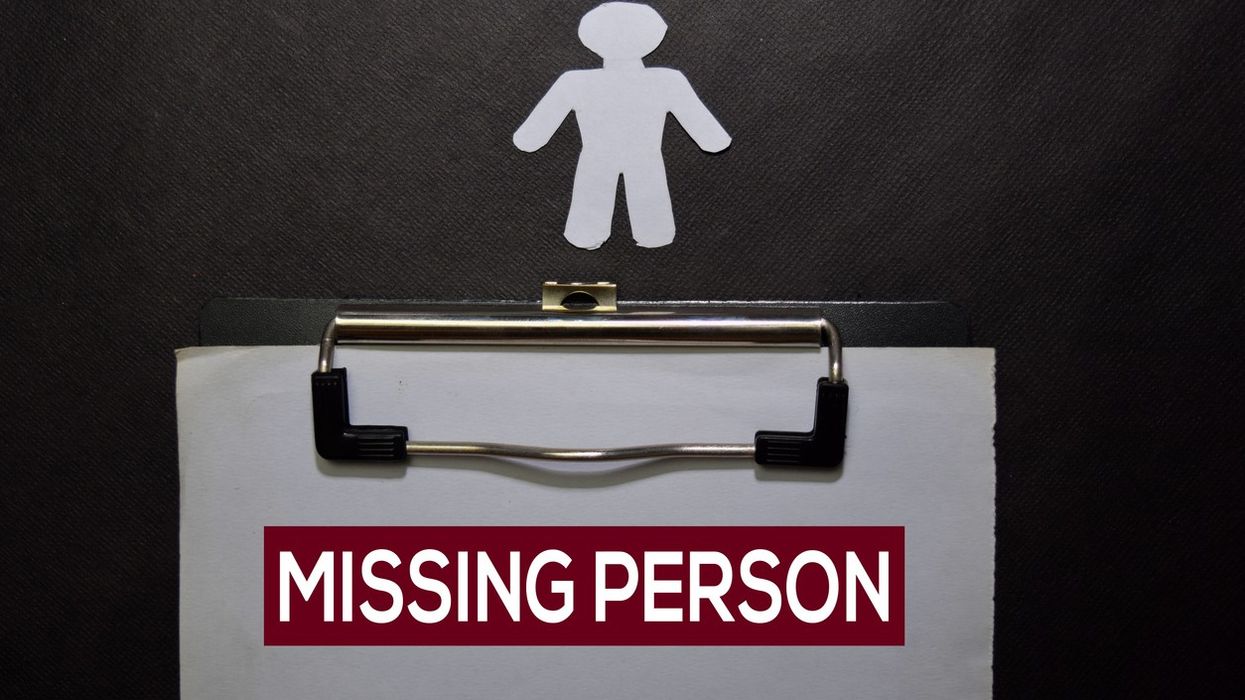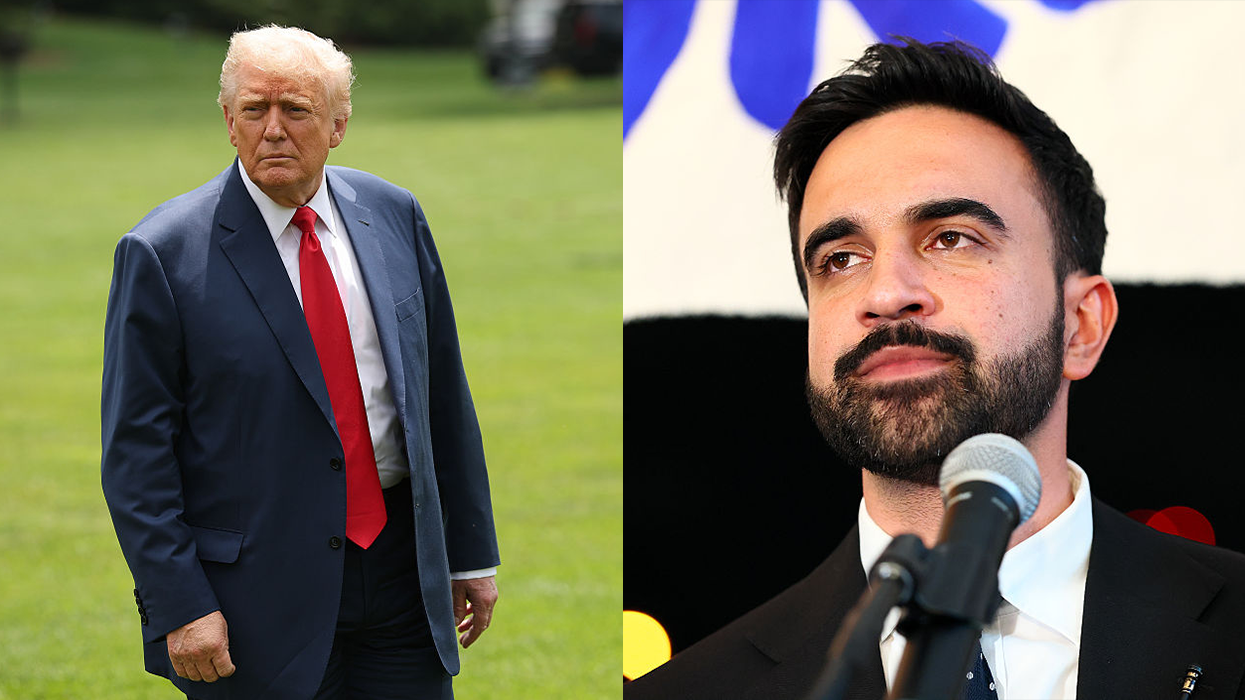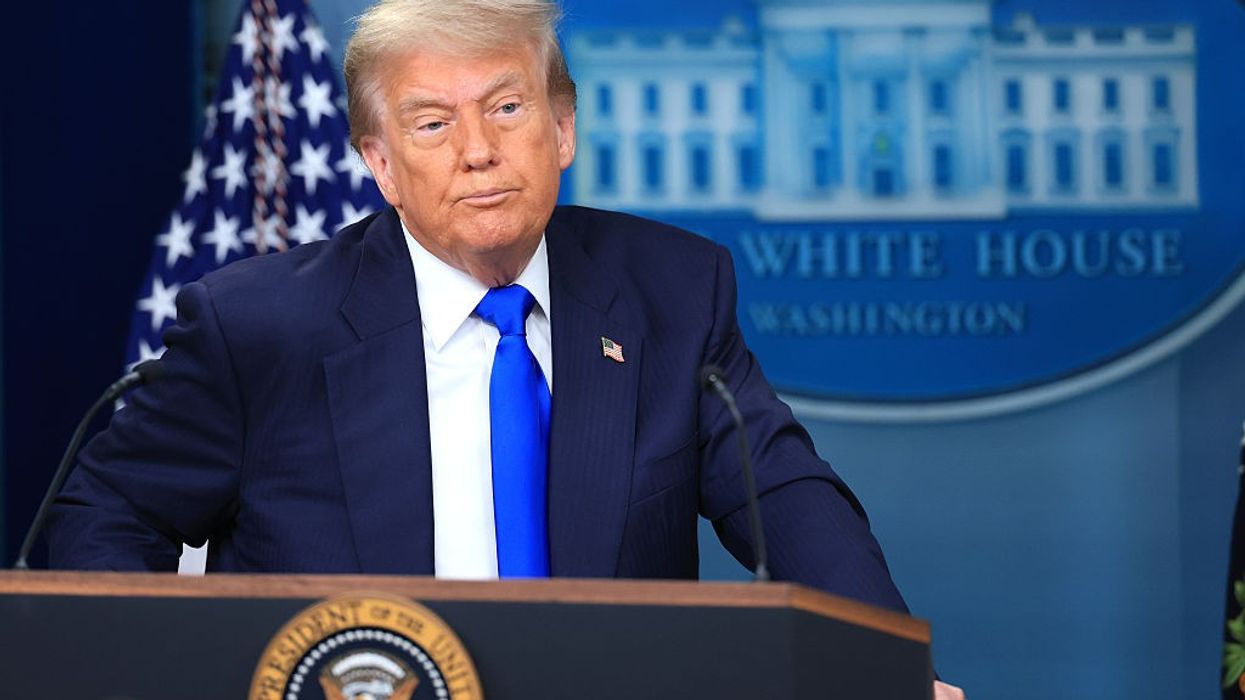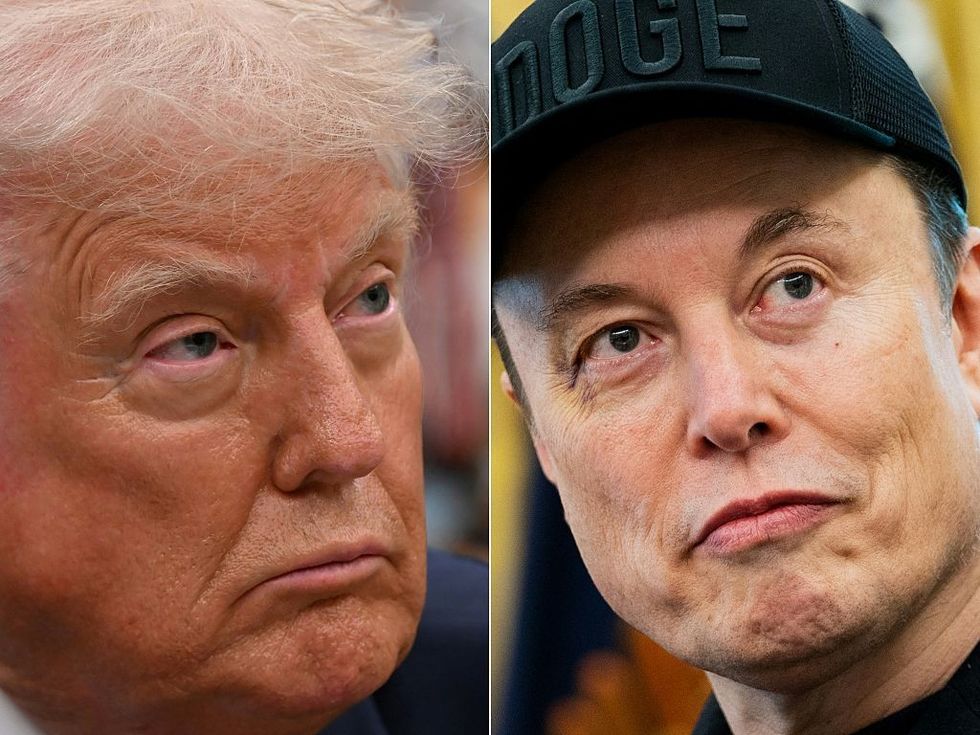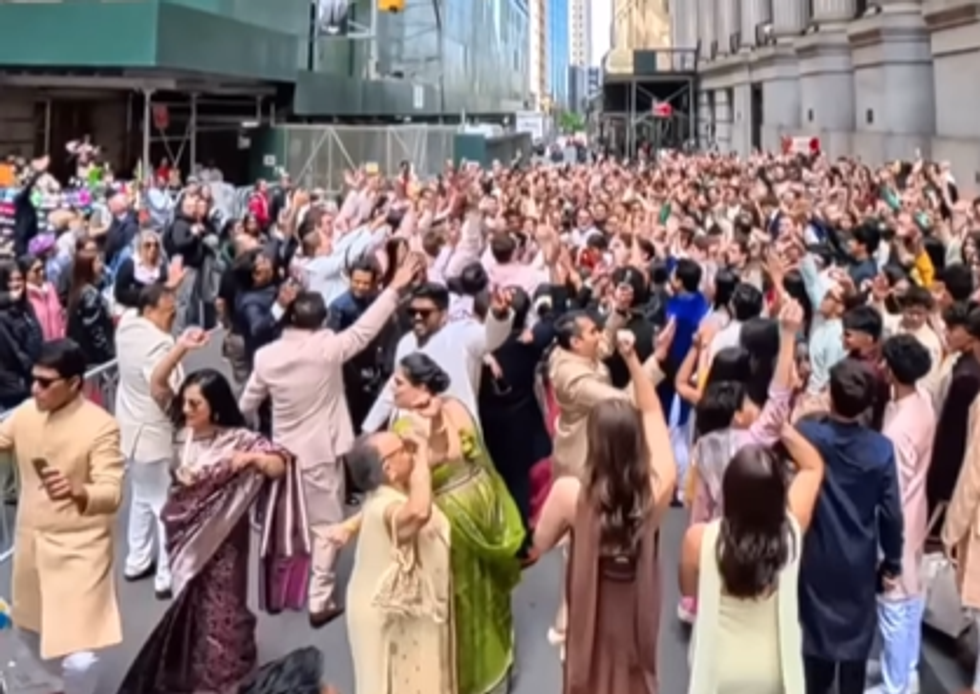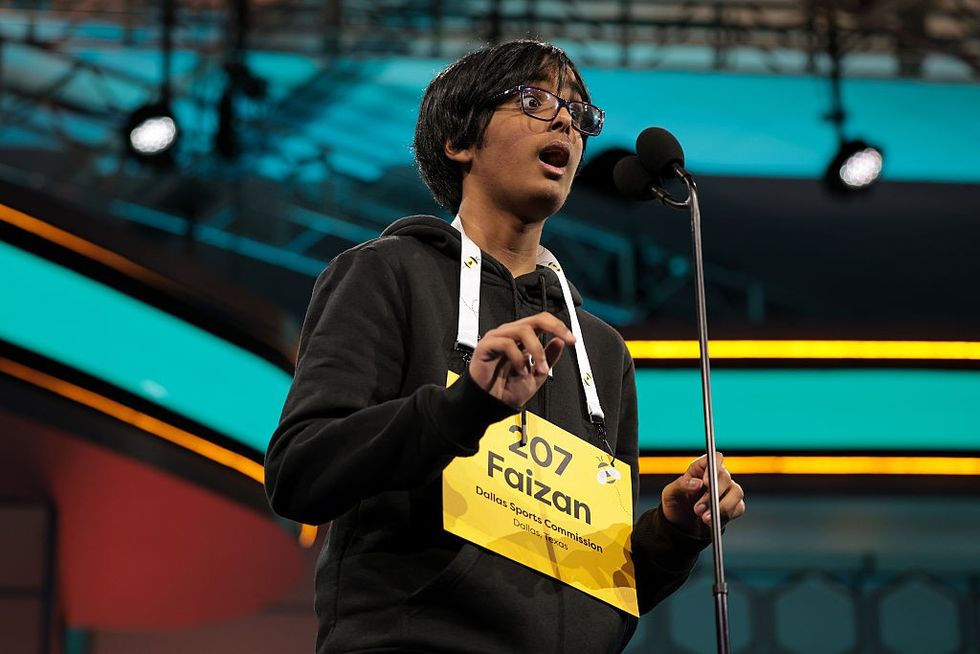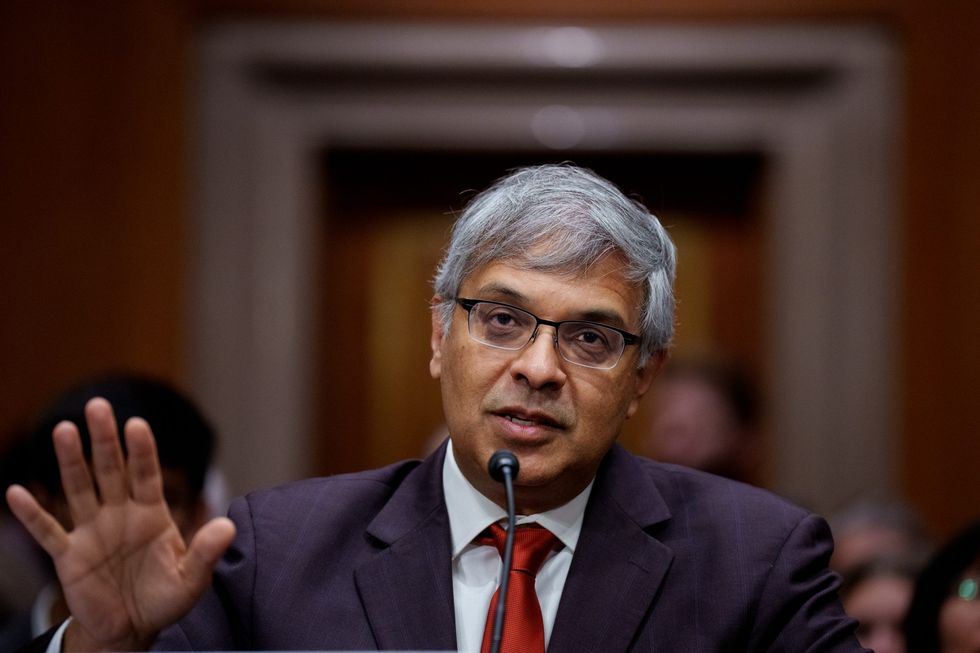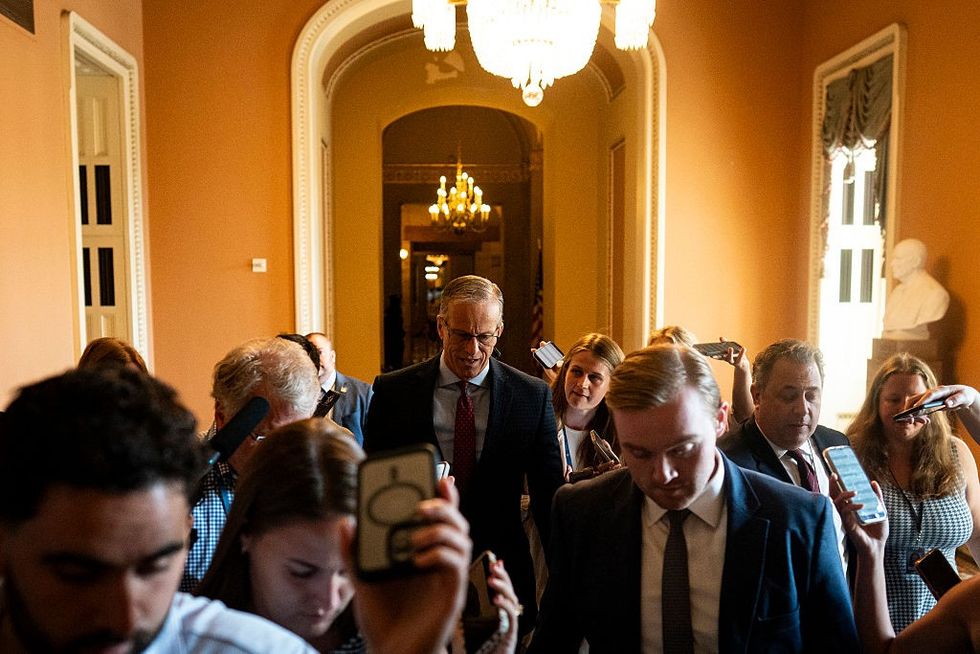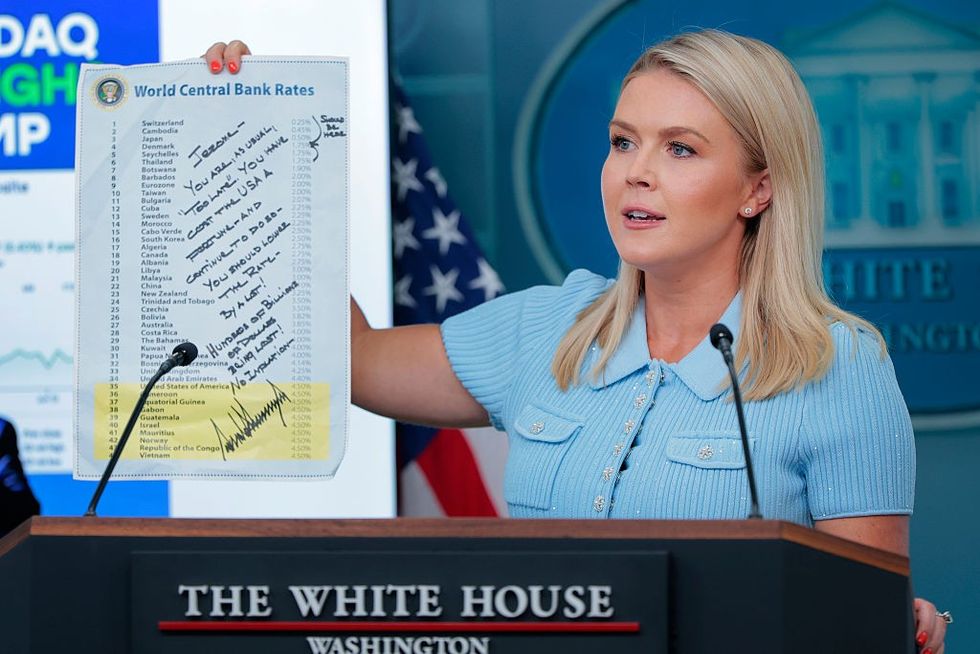THE SUPREME COURT on Friday asked the Sambhal trial court not to pass any order related to the survey of a Mughal-era mosque while directing the Uttar Pradesh government to maintain peace and harmony in the violence-hit town.
A bench comprising Chief Justice Sanjiv Khanna and Sanjay Kumar ordered the Allahabad High Court to take up the plea of the Muslim side within three working days of its filing.
"We hope and trust that the trial court will not proceed with the matter till the high court takes up and passes any order in the matter," it said.
The bench directed the state government to maintain peace and harmony at Sambhal and set up a peace committee comprising members of both communities.
The top court further asked the Sambhal trial court not to open any report, which may be filed before it, till the high court took up the matter and passed an order on the plea of the Muslim side.
The bench, which advised the Muslim side to move the high court against the impugned order of the district court, has kept the matter pending and ordered its listing in the week commencing January 6.
The management committee of Sambhal's Shahi Jama Masjid moved the Supreme Court on Thursday, challenging the November 19 order of the district court directing survey of the Mughal-era mosque while seeking an ex-parte stay on the operation of the November 19 order passed by the civil judge.
Tensions brewed in Uttar Pradesh's Sambhal since November 19 when the court-ordered survey of the Shahi Jama Masjid was carried out following claims that a Harihar temple previously stood at the site.
On November 24, protesters gathered near the mosque and clashed with security personnel, leading to stone pelting and arson. Four people died and several others were injured in the violence.
Meanwhile, in Ajmer a local court has issued notices to the dargah committee, the Ministry of Minority Affairs and the Archaeological Survey of India on the plea seeking to declare the famous shrine of Sufi saint Khwaja Moinuddin Chishti a temple.
Mathura Shahi Idgah dispute
The Supreme Court will hear on December 9 a plea of the mosque committee against the Allahabad High Court rejecting its petition challenging the maintainability of 18 cases of the Hindu side related to the Krishna Janmabhoomi-Shahi Idgah dispute in Mathura.
A bench comprising Chief Justice Sanjiv Khanna and Justice Sanjay Kumar said it will accord a detailed hearing on the plea at 2 pm on December 9.
"This we will hear at length. We will take it up on December 9, at 2 pm... We have to decide what is the legal position," the CJI said.
Speaking for the bench, the CJI said he prima facie felt that an intra-court appeal would lie against the single judge bench order of August 1 of the high court.
"We will certainly give you an opportunity to argue," the bench said.
On August 1, the high court rejected the plea of the Committee of Management, Trust Shahi Masjid Idgah challenging the maintainability of 18 cases related to the temple-mosque dispute in Mathura, and ruled that the “religious character” of Shahi Idgah needs to be determined.
The mosque committee's contention was that the suits filed by Hindu litigants relating to the dispute over the Krishna Janmabhoomi temple and the adjacent mosque violated the Places of Worship (Special Provisions) Act -- and were thus not maintainable.
The 1991 Act prohibits changing the religious character of any shrine from what existed on the day of the country's Independence. It exempted only the Ram Janmabhoomi-Babri Masjid dispute from its purview.
The cases filed by the Hindu side seek the “removal” of the Aurangzeb-era mosque they claim was built after demolishing a temple that once stood there.
The high court said the 1991 Act did not define the term “religious character” and the "disputed" place cannot have a dual religious character - of a temple and a mosque, which are “adverse to each other” - at the same time.
The Mathura dispute mirrors the legal tussle in Varanasi, where the Gyanvapi mosque and the Kashi Vishwanath temple are located next to each other. (PTI)

